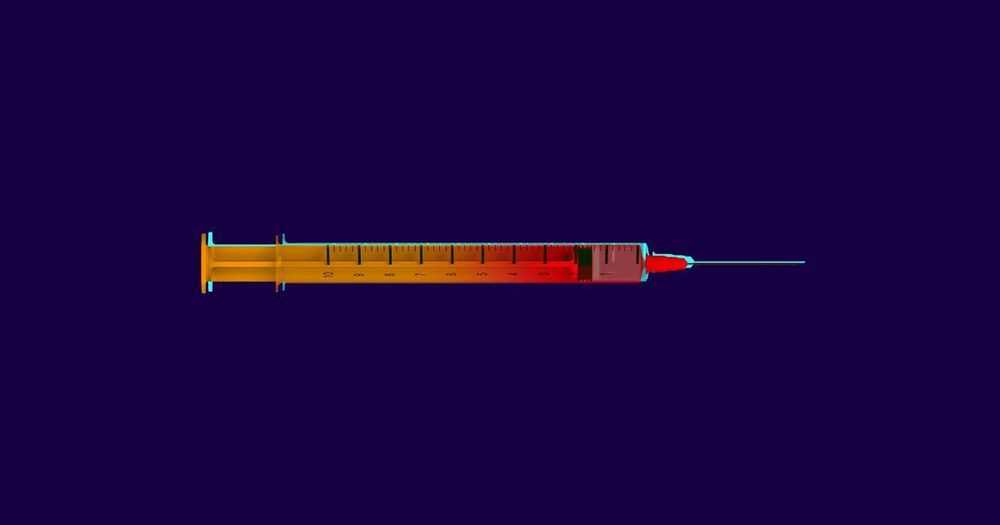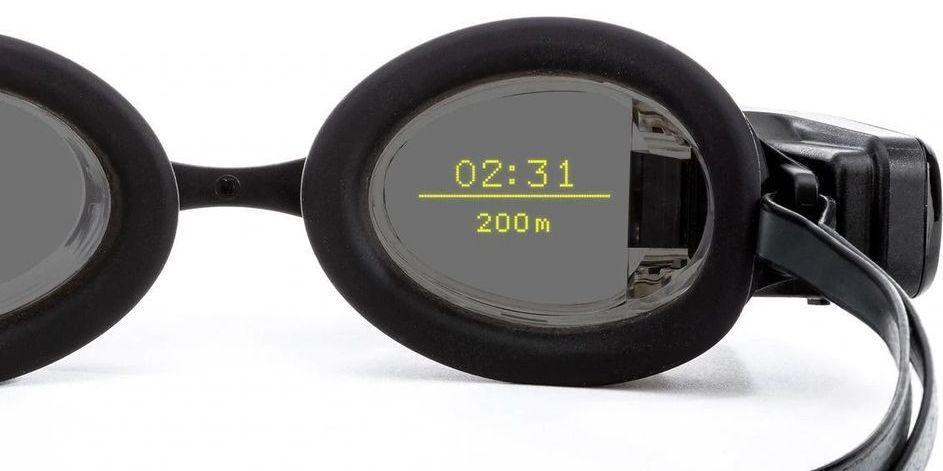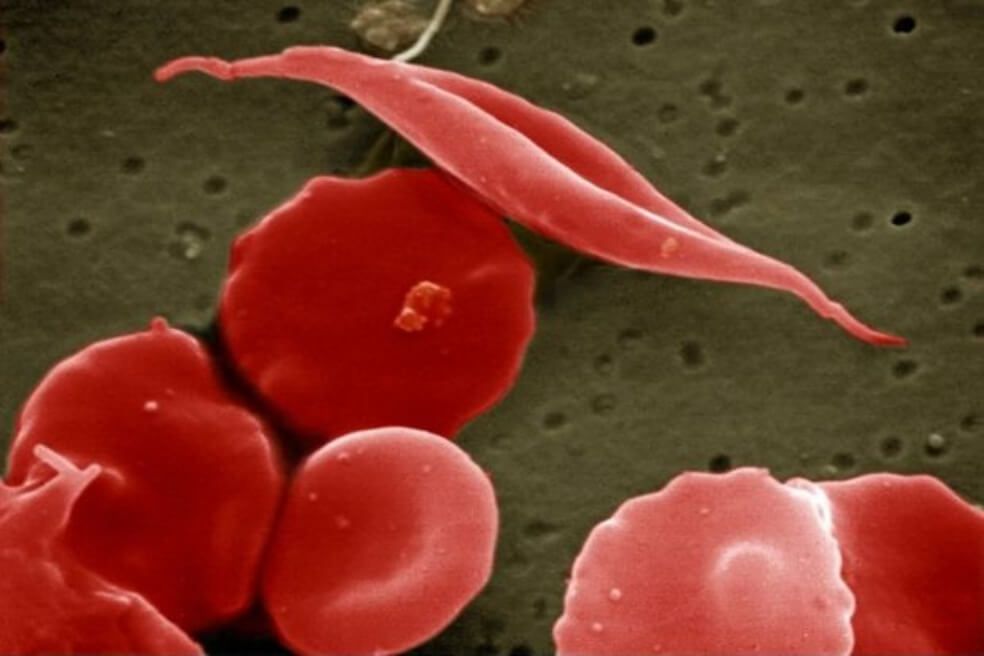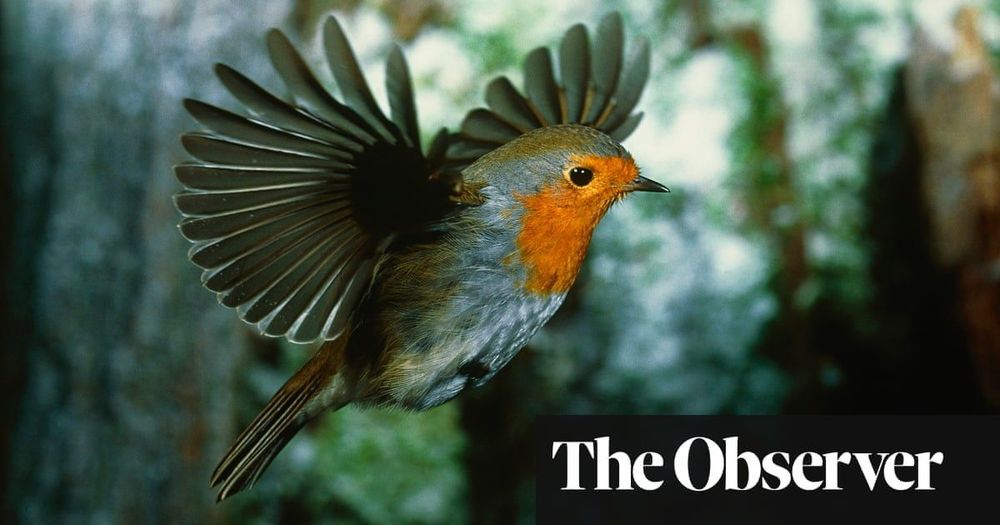Approval could arrive in as few as six months.




Android camera security threat, disclosed and since addressed, had spy vulnerabilities. These were fixed by Google and Samsung with a patch rolled out for Pixel and Samsung devices The recent headlines surrounding the flaw on Android devices teased a discomforting thought in the latest of numerous discomforting thoughts about security risks in the Android ecosystem.
Imagine your app is recording video and taking photos without your permission.
In short, attackers could hijack your phone camera. Dan Goodin in Ars Technica: This was all about “an app needed no permissions at all to cause the camera to shoot pictures and record video and audio.”

O.,.,o I think we need sunglasses or optics to see ghosts or exterrestials using quantum mechanical physics.
Cameras on the International Space Station have reportedly captured images of soundwaves travelling across Earth at high speeds, believed by some people to be a new form of ‘space technology’.





More than a dozen U.S. utilities that were targets in a recent wave of cyberattacks have been identified by The Wall Street Journal. Some of the utilities, most of which are relatively small, are located near dams, locks and other critical infrastructure.
These electricity providers were singled out in a hacking campaign that was brought to light in August by researchers at a Silicon Valley cybersecurity company. But little was known about the attacks until now.